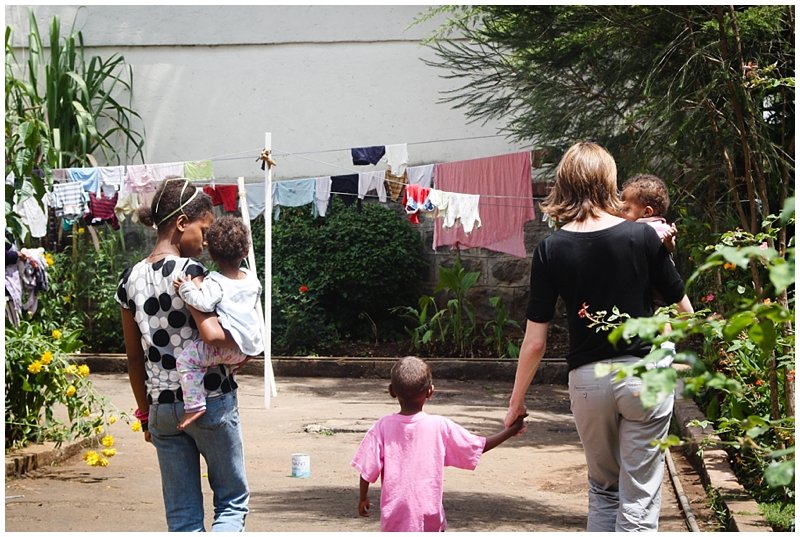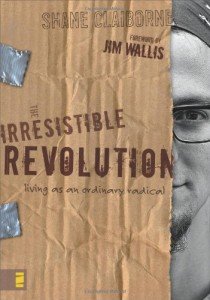The good news was that we finally had our feet under us. The bad news was that we didn’t know we were standing on a rug.
It came flying out from under me first.
It was early in the spring of 2007, and the dust from a season of successive life changes seemed to finally be settling. We’d been married just three years and already had two babies, a cross country move, a couple of real estate transactions, and a nearly-complete seminary experience show for it. There was also a cervical surgery to remove some cancer that turned out not to be cancer at all thrown in there just for kicks and giggles, but that is a whole other story for some other time.
By that spring, though, the room had stopped spinning and we seemed to be standing on some sturdy, white-picket-fence-enclosed ground that looked just fine but also sort of smelled like something burning.
That’s when I felt the rug lift somewhere around Chapter 4 of this little home wrecker:
“I asked participants who claimed to be ‘strong followers of Jesus’ whether Jesus spent time with the poor. Nearly 80 percent said yes. Later in the survey, I sneaked in another question, I asked this same group of strong followers whether they spent time with the poor, and less than 2 percent said they did. I learned a powerful lesson: We can admire and worship Jesus without doing what he did. We can applaud what he preached and stood for without caring about the same things. We can adore his cross without taking up ours. I had come to see that the great tragedy of the church is not that rich Christians do not care about the poor but that rich Christians do not know the poor.” {Shane Claiborne}
A few weeks later, Shane Claiborne spoke at our church and had dinner with my husband. They wondered together whether anyone still believed Jesus meant the things He said and figured that if a few of us would just start asking, ‘What if He really meant it?’ we could probably turn the world upside down.
**
If Jesus really meant what he said about caring for the poor and oppressed, then what does that mean for our family?
It’s all I could think about for weeks as I sat on my bruised butt where the sudden jolt of the rug had dropped me. I didn’t know the first way to go about knowing the poor from my suburban, middle-class perch, let alone do it with two toddlers in tow, but God wouldn’t let me let it go.
The question followed me everywhere, and no matter how I tired to bob and weave, I couldn’t outmaneuver it.
Then, on May 12, 2007, the answer came in singing through our TV.
“Donate now,” the lower third barked.
But in my head, this from Shane:
“Jesus is not seeking distant acts of charity. He seeks concrete acts of love: ‘you fed me…you visited me in prison…you welcomed me into your home…you clothed me…”
With the kids still hugging Josh Groban and America cheering wildly, a rumble straight out of Acts 2:2 stole my breath as I raced to reconcile what I was seeing with what I had been sparring with all spring:
“Charity wins awards and applause, but joining the poor gets you killed. People do not get crucified for charity. People are crucified for living out a love that disrupts the social order, that calls forth a new world. People are not crucified for helping poor people. People are crucified for joining them.”
I couldn’t breathe.
Before the standing ovation ended for the orphans in the African Children’s Choir, I sat bolt upright on the edge of our couch and blurted out to my husband,
“GIVE ME ONE!”
If Jesus really meant what he said then…
“Give us one of those kids.”
**
Two winding, wild years later, He would. I’ll tell you how in my next post.



